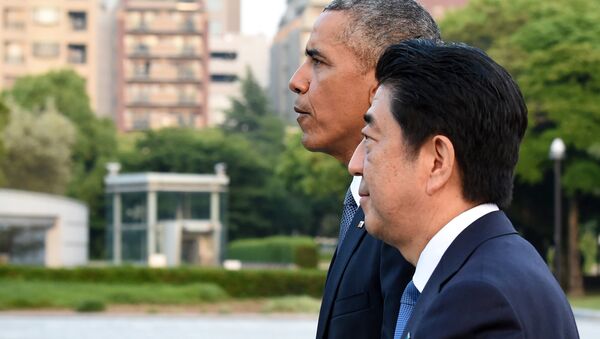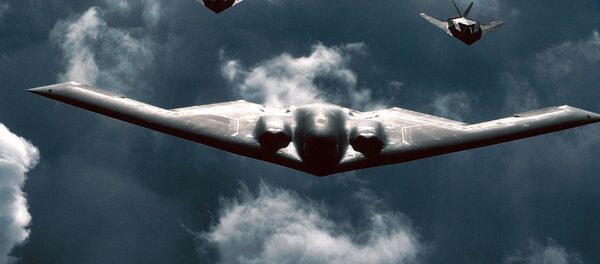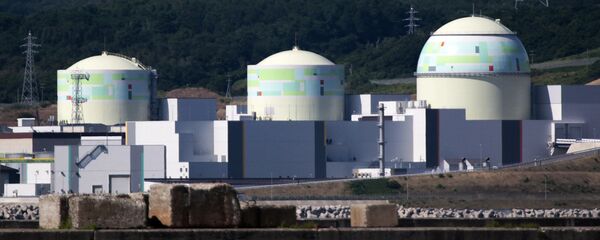During his final six months in office, President Obama may enact an official policy to prevent the United States from using nuclear weapons as an offensive weapon, reserving America’s stockpiles for defense only.
Critics are concerned that such a policy could harm nuclear deterrence and embolden rival nations. Military officials in the Pentagon have expressed alarm, as have a number of US allies, including the only nation to ever be attacked by US nukes, Japan.
Speaking to Adm. Harry Harris, commander of the US Pacific Command, Japanese Prime Minister Shinzo Abe expressed his concerns.
"Japan, in particular, believes that if Obama declares a ‘no first use’ policy, deterrence against countries such as North Korea will suffer and the risks of conflict will rise," two US government officials, speaking on condition of anonymity, told journalist Josh Rogin, according to the Japan Times.
A Japanese administrator, responding to report, said Tokyo had no official comment at this time.
"The United States is studying [its options]," stated the Japanese representative, "and as it is still in the middle of making a policy decision, [Japan] cannot comment on every news report."
Japan isn’t alone. A number of US allies are skeptical of Obama’s proposal, including South Korea, France, and the United Kingdom.
"Moreover, allied governments don’t believe that a unilateral ‘no first use’ declaration would necessarily help to establish an international norm, because there’s no guarantee that other countries would follow suit," Rogin’s report said.
Prime Minister Abe, however, has come under fire from Japanese politicians who are uncomfortable with his administration’s reliance on the potentially dangerous deterrence strategy.
"The government of Japan, while advocating nuclear weapons abolition, still relies on nuclear deterrence," Nagasaki Mayor Tomihisa Taue said earlier this month, on the 71st anniversary of the detonation of an atomic bomb above his city.
"As a method to overcome this contradictory state of affairs, please enshrine the Three Non-Nuclear Principles in law, and create a 'Northeast Asia Nuclear Weapons-Free Zone' as a framework for security that does not rely on nuclear deterrence."
The nuclear weapon dropped on Nagasaki on August 9, 1945, killed roughly 70,000 people. The blast in Hiroshima three days earlier killed an estimated 100,000.






